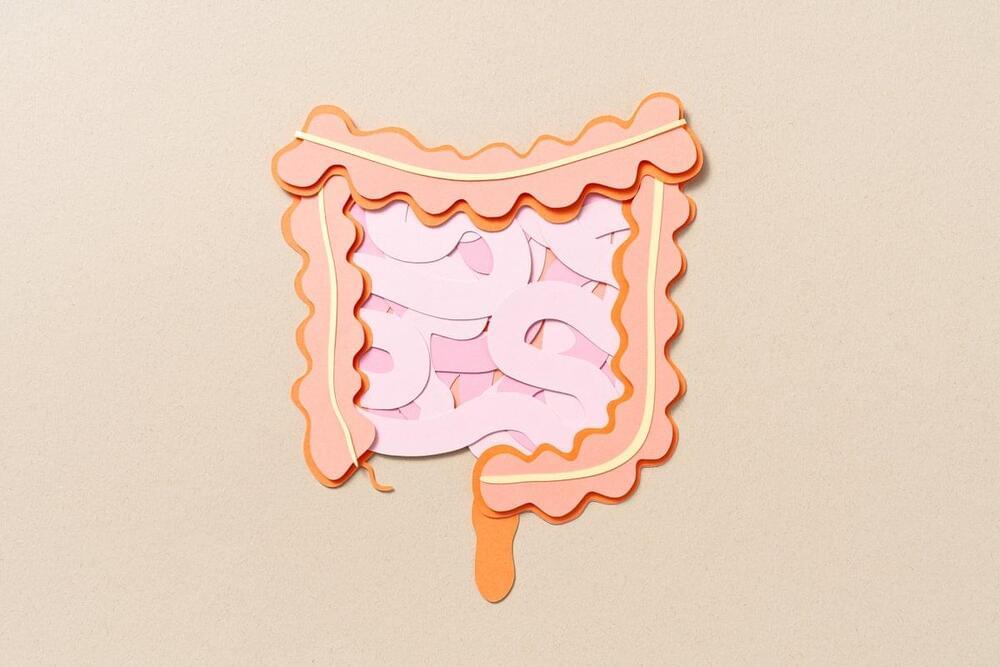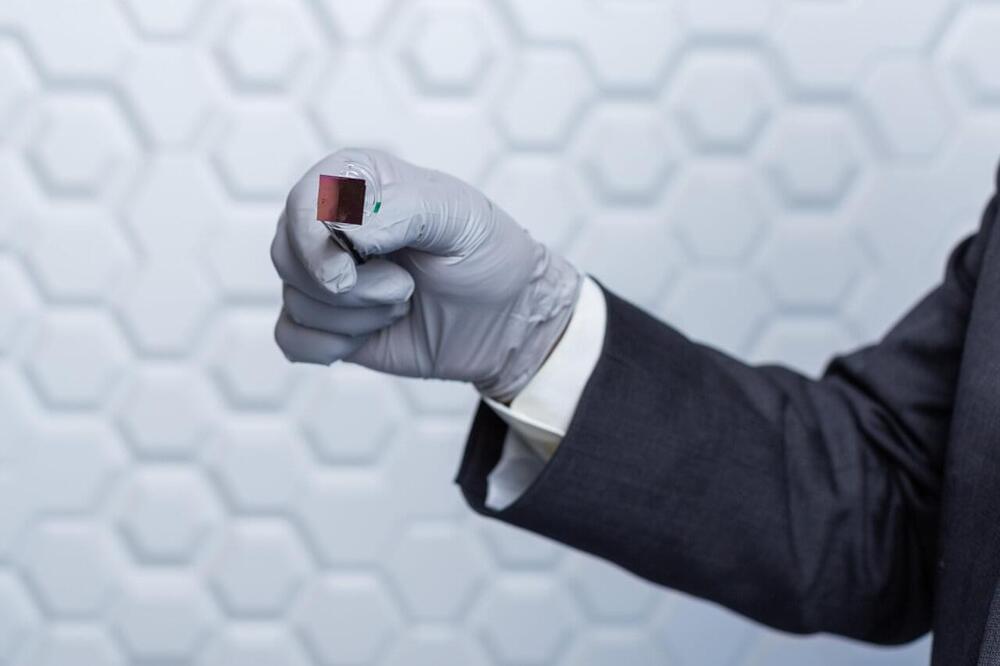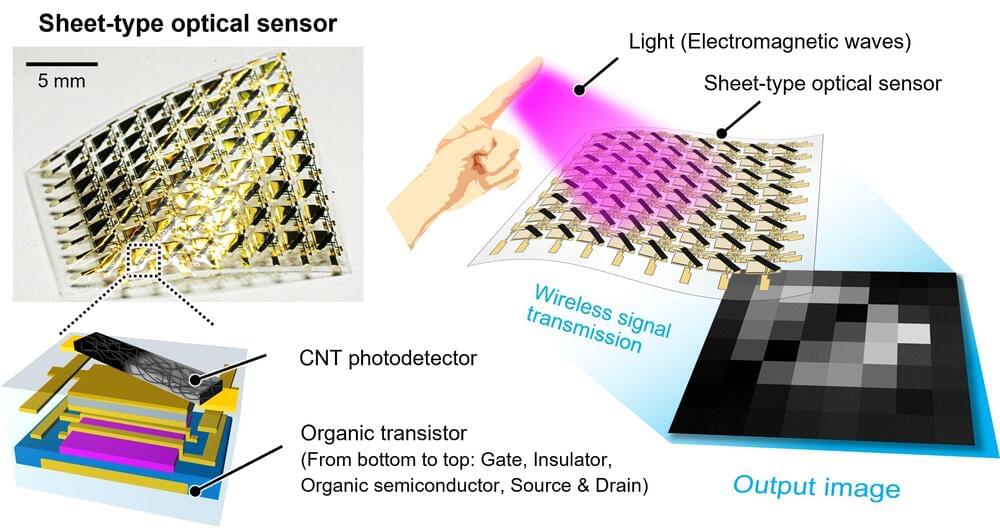“Our modeling suggests that shallow moonquakes capable of producing strong ground shaking in the south polar region are possible from slip events on existing faults or the formation of new thrust faults,” said Dr. Thomas R. Watters.
Objects expand and contract from heating and cooling, and planetary objects are no different, which includes our nearest celestial neighbor, our Moon. Billions of years ago, the Moon was very volcanically active which caused it to expand from all the internal heat driving the volcanic activity. However, as this internal heat died down, the Moon began to cool, and has been contracting, or shrinking, ever since. Now, a recent study published in The Planetary Science Journal discusses how this shrinkage could be responsible for the lunar south pole becoming warped, leading to landslides and moonquakes, which increases safety risks for future astronauts, specifically with NASA’s Artemis program.
For the study, the researchers developed models of how seismic waves from moonquakes could cause powerful ground shaking and landslides near the lunar south pole, which is home to de Gerlache scarp, with a scarp being a geologic feature formed from the Moon contracting. Data from the Apollo Passive Seismic Network, which were a series of seismometers left on the lunar surface during Apollo 11, 12, 14, 15, and 16 and functioned between 1969 and 1977, indicates that de Gerlache scarp could have formed from an approximate magnitude-5.3 moonquake. The reason de Gerlache scarp is a crucial location is due to its proximity to one of the potential landing sites for the Artemis III mission, which is slated to be the first human landing of the Artemis program.
In the end, the researchers determined that strong to moderate ground shaking from a magnitude-5.3 moonquake could be felt as far as approximately 40 km (25 mi) from the epicenter with moderate to light ground shaking could be felt from approximately 50 km (31 mi) from the epicenter. Additionally, the researchers determined that such an event could cause lunar regolith landslides, noting that Shackleton Crater is particularly susceptible to such landslides.








